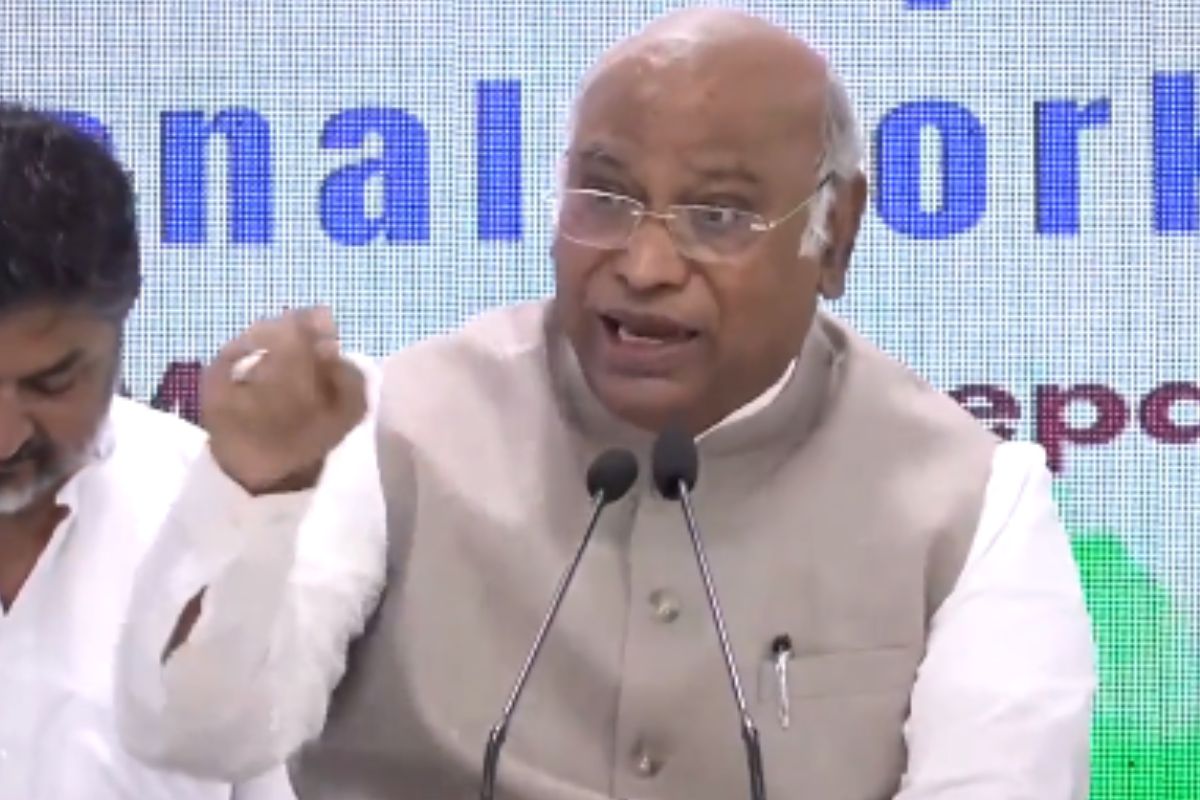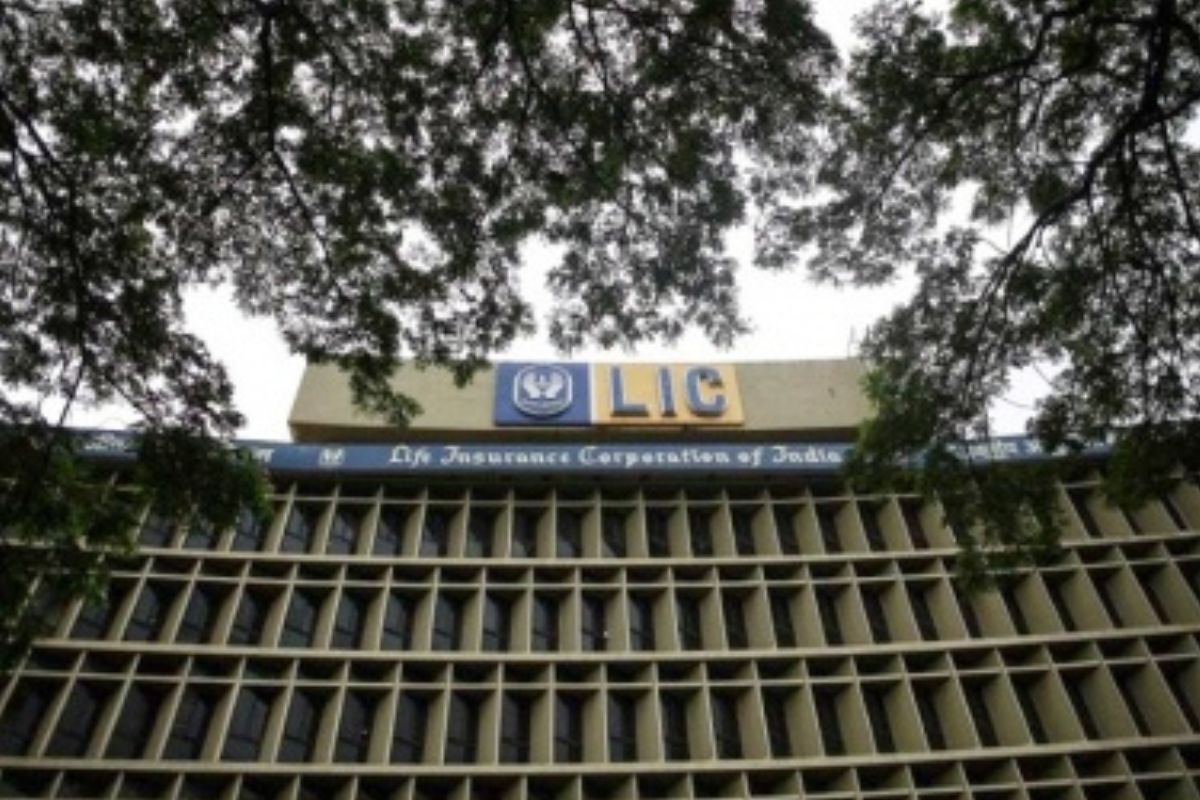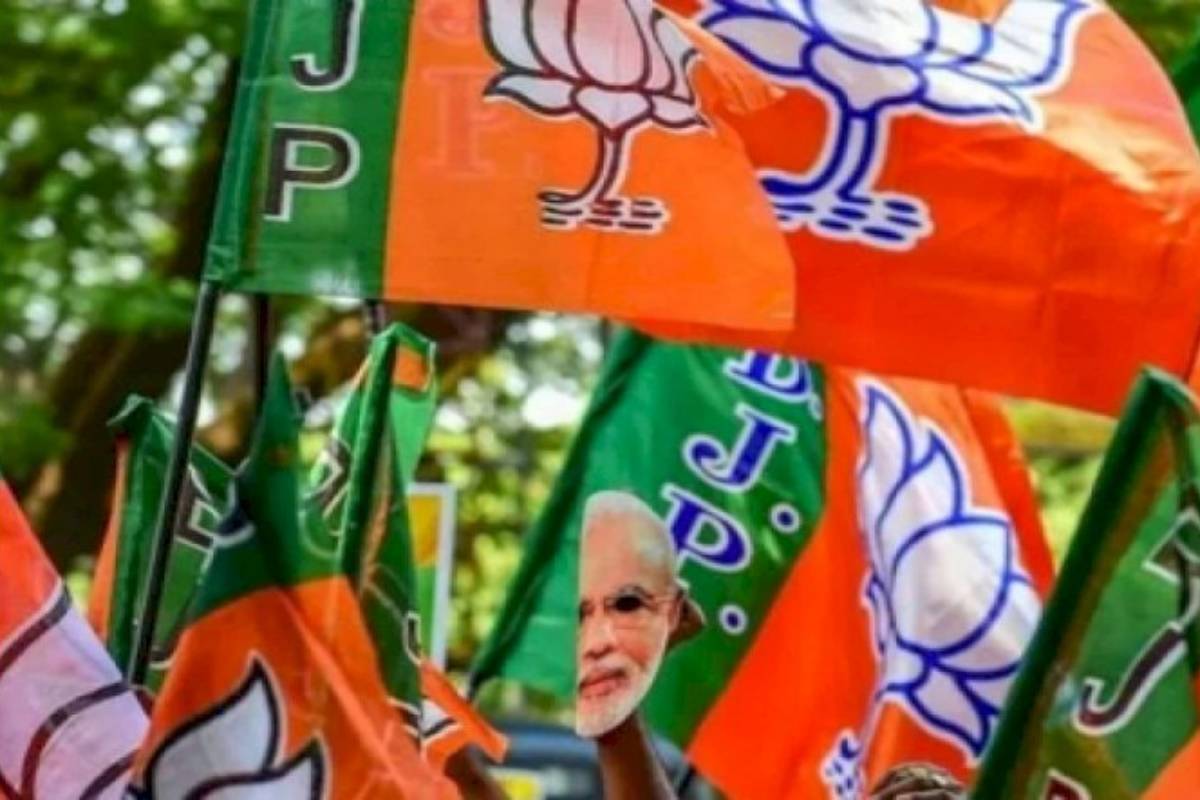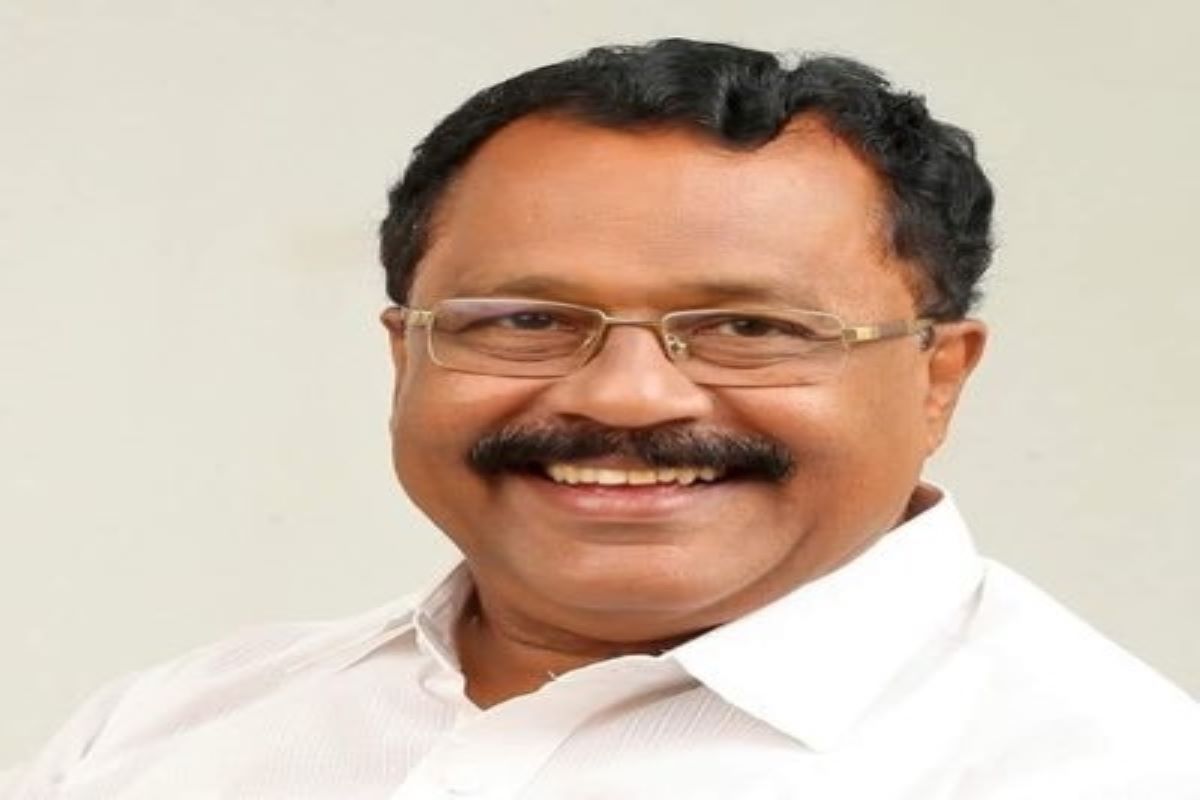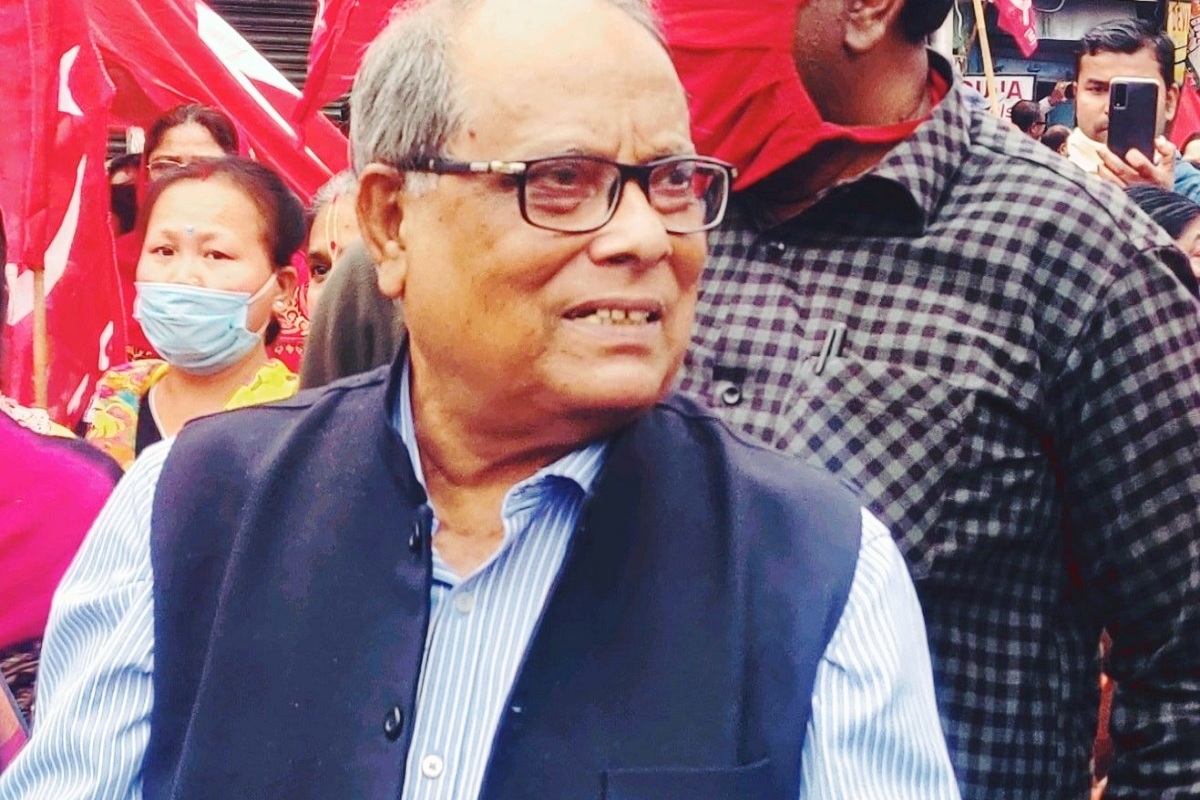Sheesh Mahal row: RTI reveals Kejriwal spent Rs 3.69 cr on its maintenance
In a fresh attack on the AAP National Convenor Arvind Kejriwal over the Sheesh Mahal row, Delhi BJP President Virendra Sachdeva on Saturday citing an RTI said that on an average, Rs 3.69 crore was spent on maintenance of 6 Flag Staff Road bungalow from 2015 to 2022.



